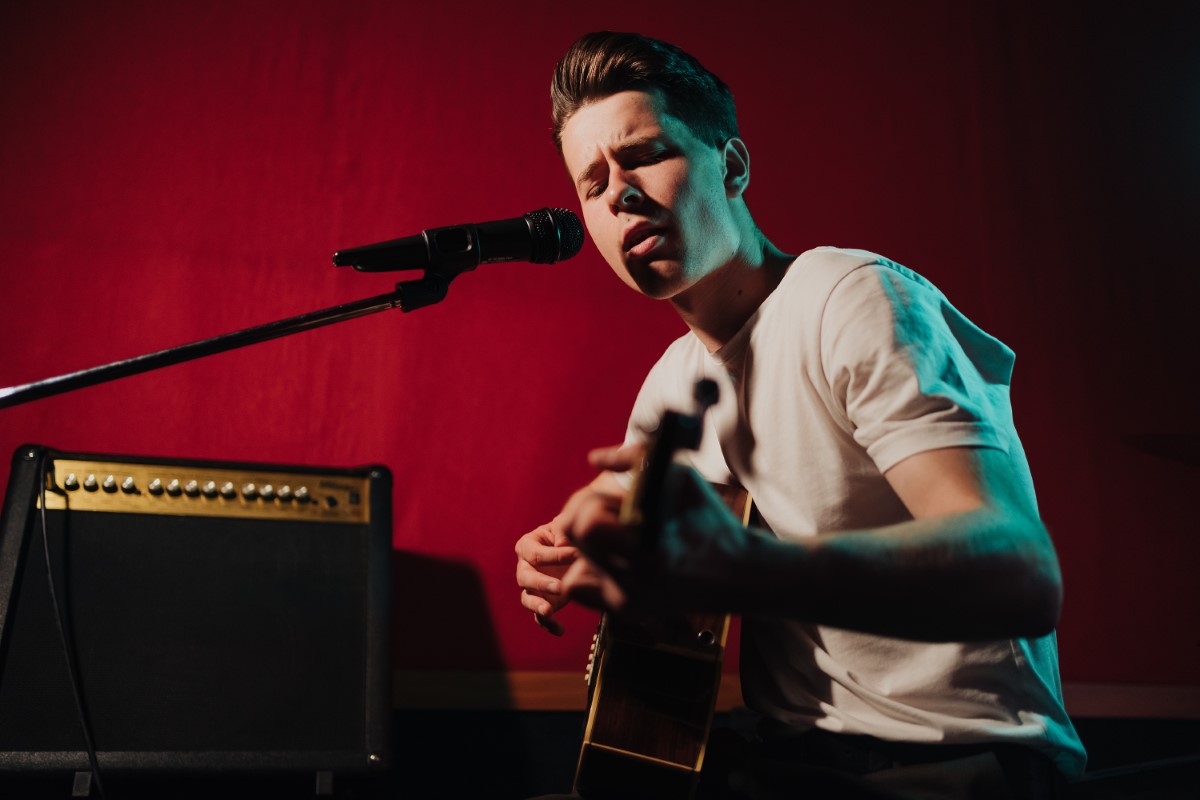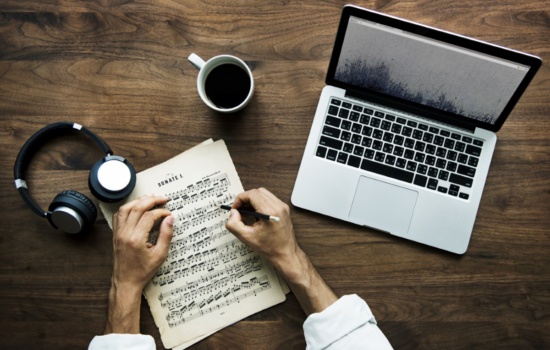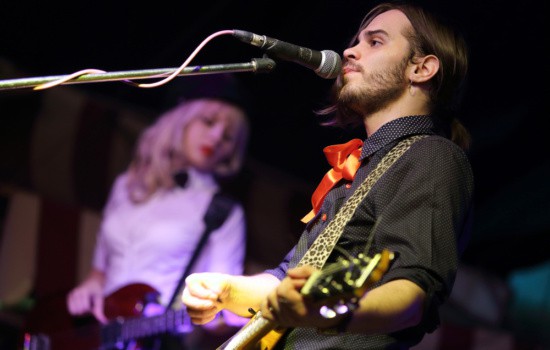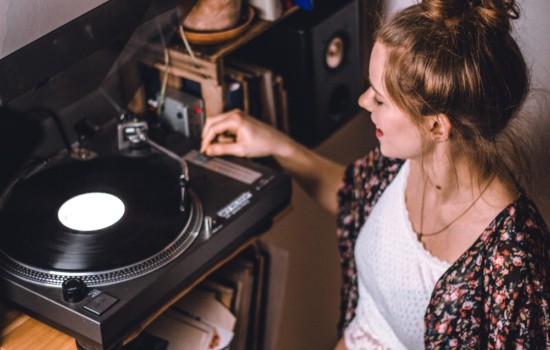This one is a bit more challenging for indie artists on a budget.
If someone steals your song, you may not have the money to hire a lawyer.
However, because you copyrighted the song, you can show the perpetrator real proof that you have grounds to sue. Maybe that will be enough to get them to take down the song, or maybe cut you in as a songwriter on their song.
Just make sure you keep good records of your copyright. Store the files (physical and/or digital) somewhere safe yet easily accessible by you.
You can’t control whether or not other people copy or infringe on your musical works. But if you’ve copyrighted your music, you have grounds to take legal action and correct the situation and even get money for damages.
By following the steps above, you can protect your music and make sure you’re properly credited and not taken advantage of.



